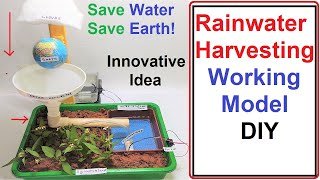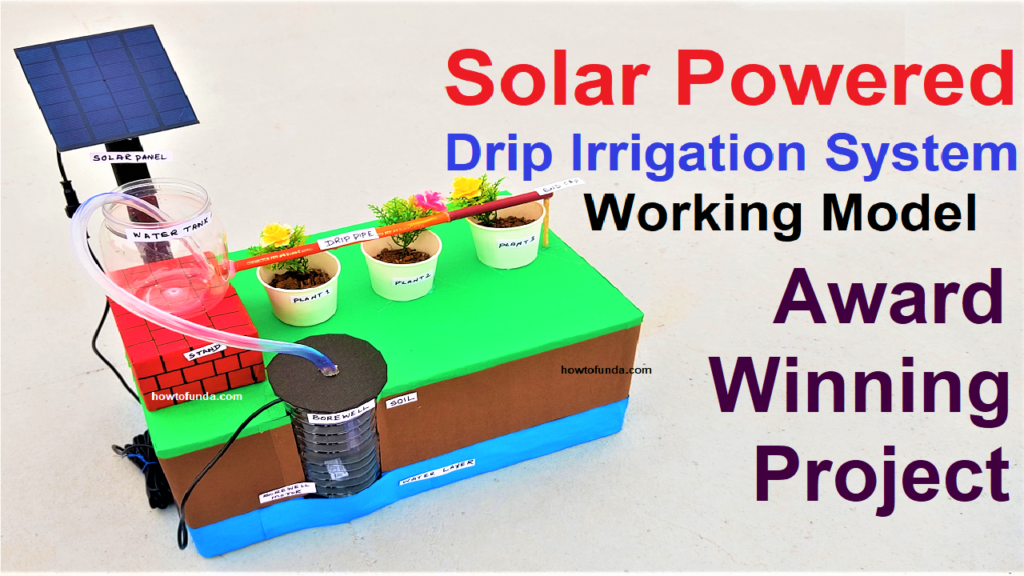Engaging in science projects on water conservation can help students understand the importance of sustainable water use and inspire practical solutions.
Here are ten science project ideas focused on water conservation techniques:
1. Drip Irrigation Efficiency Study

- Objective: Compare the efficiency of drip irrigation with traditional sprinkler systems.
- Method: Set up two identical garden plots, one with drip irrigation and the other with sprinklers, and measure water usage and plant growth over time.
2. Rainwater Harvesting System Design

- Objective: Design and test a small-scale rainwater harvesting system.
- Method: Create a model of a rainwater collection system using gutters, a storage tank, and a filtration system. Measure the amount of water collected and analyze its potential uses.
3. Greywater Recycling Experiment

- Objective: Investigate the potential of reusing greywater for irrigation.
- Method: Collect greywater from a sink or shower, filter it, and use it to water plants. Compare plant growth with those watered with tap water.
4. Low-Flow Fixture Impact Analysis
- Objective: Assess the water savings achieved by using low-flow fixtures.
- Method: Install low-flow showerheads and faucets in a household or classroom and track water usage before and after installation.
5. Water Conservation Awareness Campaign

- Objective: Create and evaluate the effectiveness of a water conservation awareness campaign.
- Method: Develop educational materials, such as posters and presentations, and conduct surveys to measure changes in knowledge and behavior regarding water conservation.
6. Mulching and Soil Moisture Retention Study

- Objective: Determine the effect of different mulching materials on soil moisture retention.
- Method: Apply various types of mulch (e.g., straw, wood chips, compost) to garden plots and measure soil moisture levels over time.
7. Xeriscaping vs. Traditional Landscaping
- Objective: Compare water usage and plant health between xeriscaped and traditionally landscaped areas.
- Method: Design two landscape plots, one with drought-resistant plants and the other with regular garden plants, and monitor water usage and plant growth.
8. Leak Detection and Repair Effectiveness
- Objective: Investigate the impact of detecting and repairing household leaks on water conservation.
- Method: Conduct a leak audit in a home or school, repair identified leaks, and compare water bills before and after repairs.
9. Smart Irrigation Systems

- Objective: Evaluate the efficiency of smart irrigation systems that adjust watering based on weather conditions.
- Method: Set up a smart irrigation system and a standard timed irrigation system in two garden plots, then compare water usage and plant health.
10. Water Footprint Analysis
- Objective: Calculate and reduce the water footprint of daily activities.
- Method: Track the water usage of various household activities (e.g., showers, laundry, dishwashing) and develop strategies to reduce overall water consumption.
Summary
These projects not only help students learn about water conservation but also promote critical thinking, problem-solving, and practical application of scientific principles.
Each project can be scaled in complexity depending on the age group and available resources, making them suitable for a range of educational settings.

